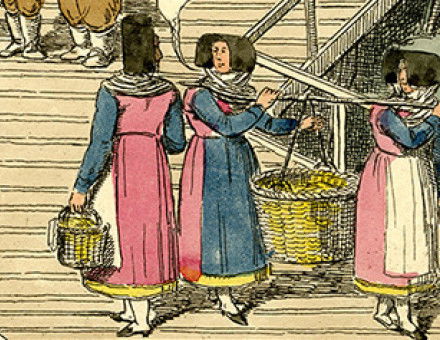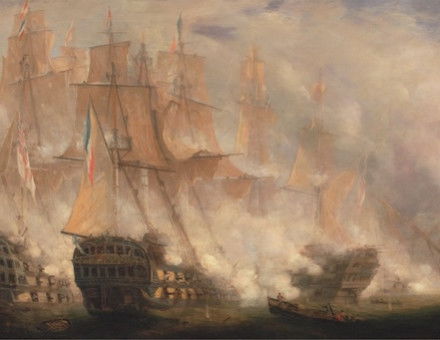Heligoland: An Island Sacrifice
At the end of the Napoleonic Wars, Britain acquired the tiny island of Heligoland in the North Sea. Ashley Cooper and Stephen Cooper describe how, as the European rivalries shifted in the 19th century, it came to be used as a bargaining chip with Germany.




